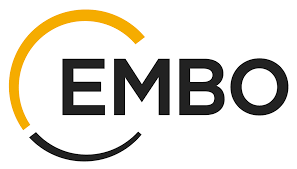Neurogenomics Conference
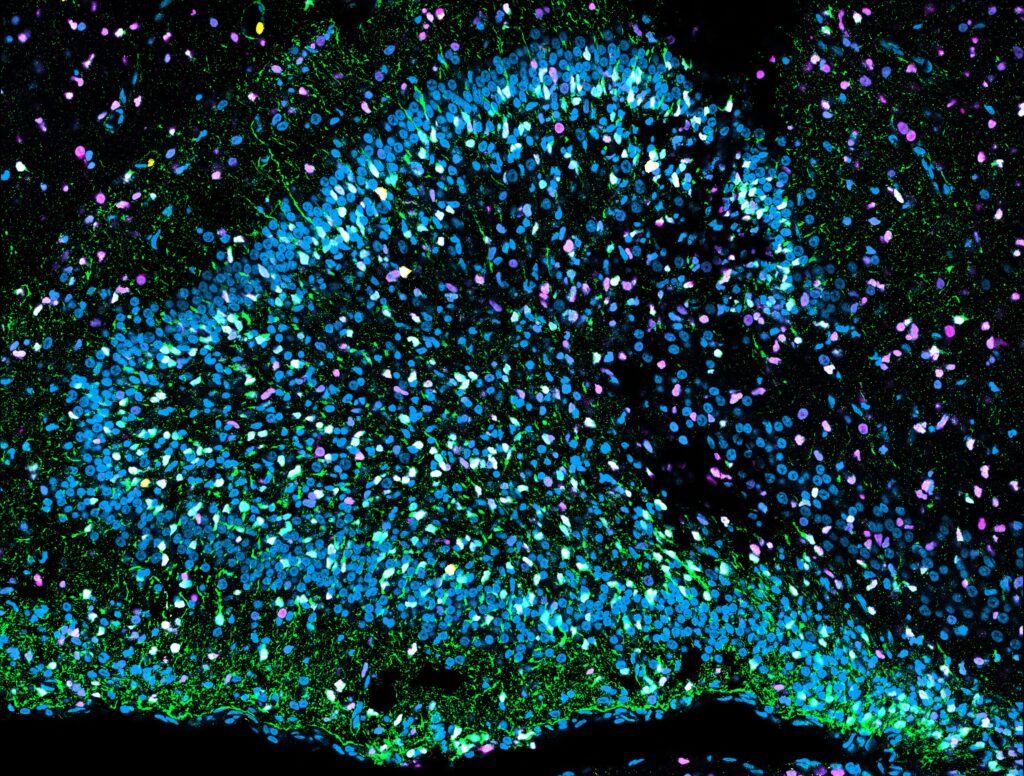

Category: Seminar / Conference
Location: Human Technopole - In presence
Registration Deadline: 14/04/2025
Date: 19/05/2025 - 21/05/2025
Fee: Academic 500€ - Industry 1500€
Target Audience: Researchers, early-career scientists, postdoctoral fellows, and graduate students who wish to share and advance knowledge in neuropsychiatric and neurological diseases.
This groundbreaking conference aims to engage the leading communities from the main fields of research our institute is pursuing in Neurogenomics, focusing on the neurodiverse human condition and its neurodevelopmental and neurodegenerative vulnerabilities . By leveraging the interdisciplinarity of HT Neurogenomics themes, the goal is to foster international synergies across diverse academic communities through a vibrant mix of keynote lectures, talks and discussions to celebrate the diversity and integrative challenges of human neuroscience. Whether you are an accomplished group leader or an emerging talent, whether neuroscience is already your home, or you are considering moving in, look no further to keep abreast and engage with the latest developments.
Watch the video: What’s the best part of the Neurogenomics Conference 2025?
Abstract submission timeline
You will then have time until 14 April 2025 to submit your abstract.
 
You can submit your abstract at the moment of registration. Please note that, should you not be ready to submit your abstract while registering, you will be allowed to edit your registration profile (and submit your abstract) after completing the registration process. You have time until the Abstract submission deadline to edit your Abstract submission.
Selection
Registration will be on a first come, first served basis.
Applicants are encouraged to submit an abstract for oral or poster presentation which will be selected based on the following criteria:
- Scientific content of abstract
- Scientific relevance of the conference to participant’s own work
- Number of participants from the same lab
Abstracts can be submitted for one or more of the conference topics:
- Neurodevelopment
- Brain evolution
- Neurodegeneration and regeneration
- Neuroimmunology
- Stem cell and organoid disease modelling
- Cancer neuroscience
- Neurodiversity in language and cognition
Image credits: Chiara Ossola (Kalebic group, Human Technopole). Ferret hippocampus at postnatal day 10. Markers: Green, Hopx; Magenta, Sox2; Yellow, PH3, Cyan, DAPI.
Write to [email protected] if you are interested in attending the conference. We will e-mail you to the same address once registrations are open.
Scientific Organisers
-
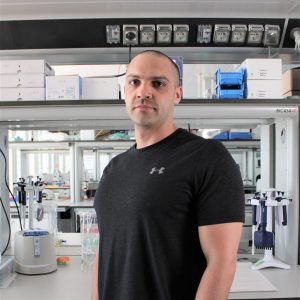 Jose Davila-Velderrain
Jose Davila-Velderrain
Research Group Leader, HT -
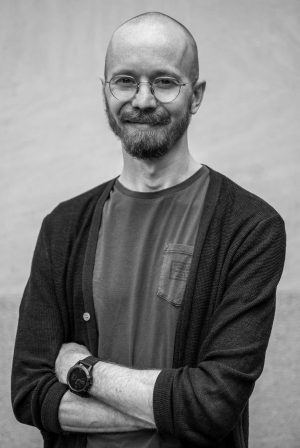 Oliver Harschnitz
Oliver Harschnitz
Research Group Leader, HT -
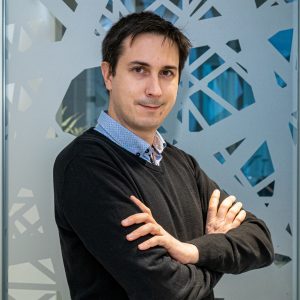 Nereo Kalebic
Nereo Kalebic
Research Group Leader, HT -
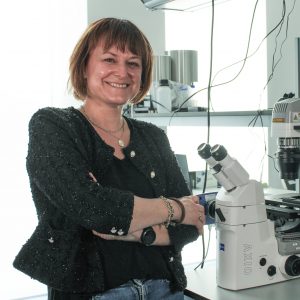 Elena Taverna
Elena Taverna
Research Group Leader, HT -
 Giuseppe Testa
Giuseppe Testa
Head of Neurogenomics, Human Technopole, University of Milan
Speakers
-
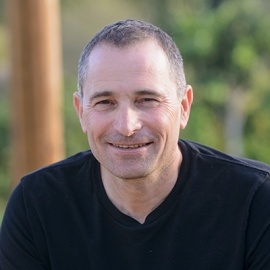 Ido Amit
Ido Amit
Weizmann Institute of Science -
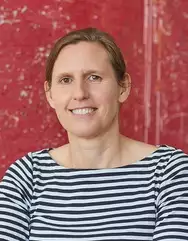 Elisabeth Binder
Elisabeth Binder
Max Planck Institute of Psychiatry -
 Cedric Boeckx
Cedric Boeckx
Catalan Institute for Advanced Studies (ICREA), Universitat de Barcelona -
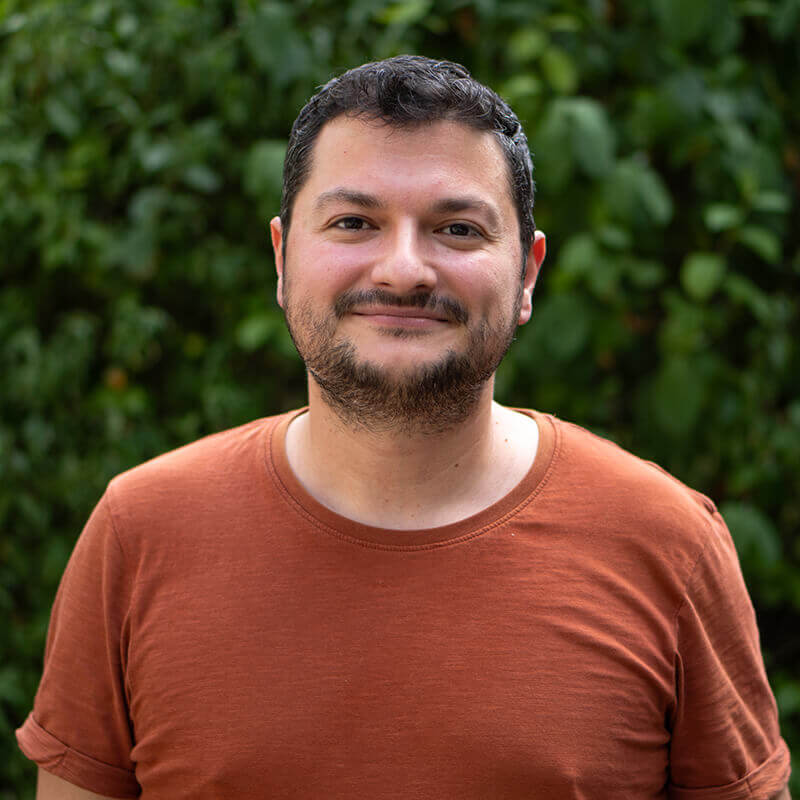 Boyan Bonev
Boyan Bonev
Helmholtz Pioneer Campus -
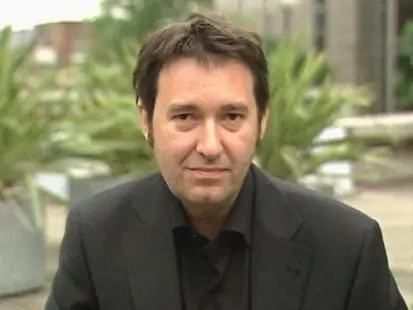 Thomas Bourgeron
Thomas Bourgeron
Institut Pasteur, Université de Paris -
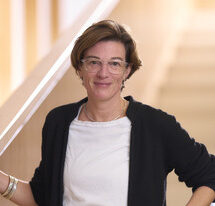 Silvia Cappello
Silvia Cappello
Ludwig Maximilian University of Munich – LMU -
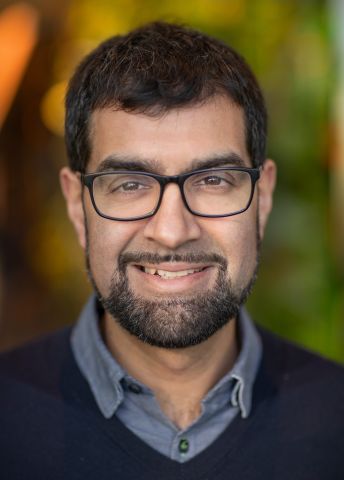 Goncalo Castelo-Branco
Goncalo Castelo-Branco
Karolinska Institutet -
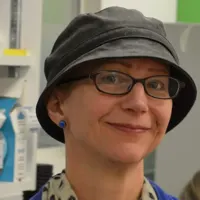 Sally Cowley
Sally Cowley
University of Oxford -
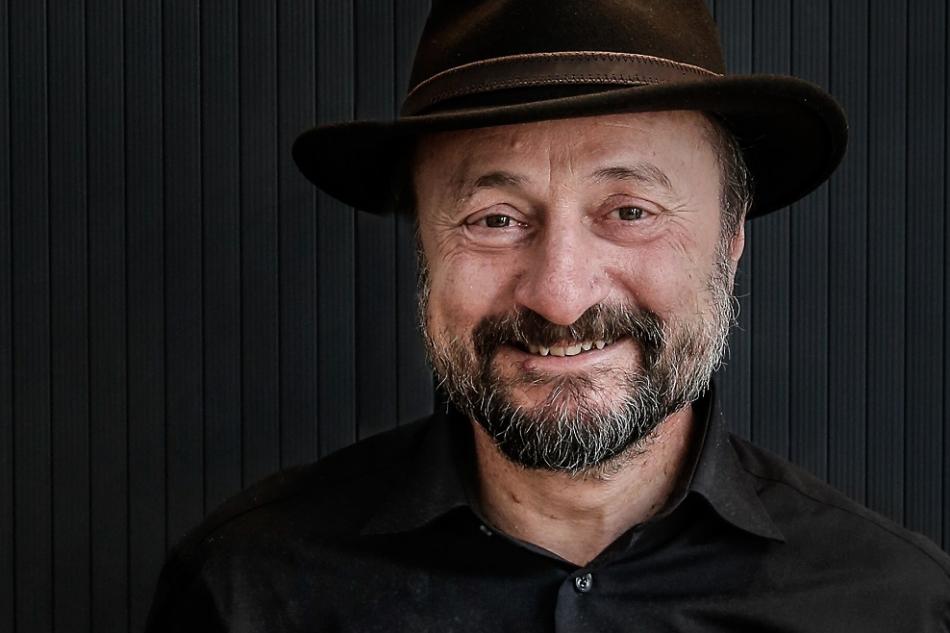 Bart De Strooper
Bart De Strooper
VIB-KU Leuven Center for Brain & Disease Research -
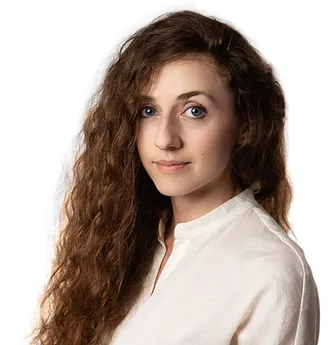 Aleksandra Deczkowska
Aleksandra Deczkowska
Institut Pasteur -
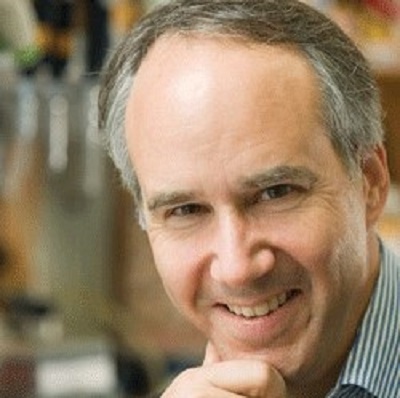 Daniel Geschwind
Daniel Geschwind
UCLA -
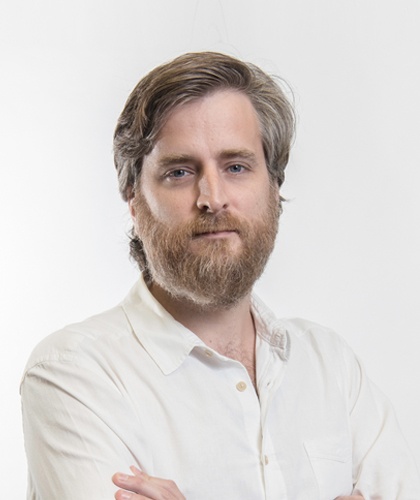 Florent Ginhoux
Florent Ginhoux
Agency for Science, Technology and Research (A*STAR) -
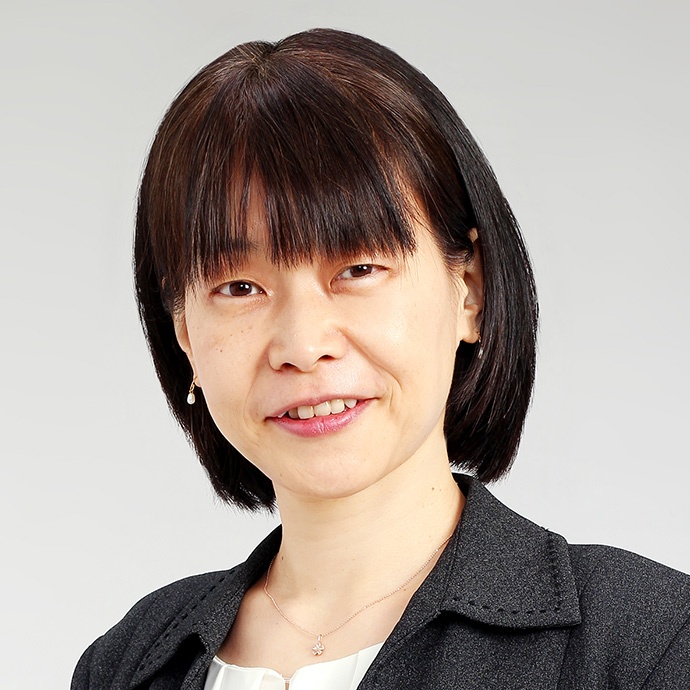 Yukiko Gotoh
Yukiko Gotoh
University of Tokyo -
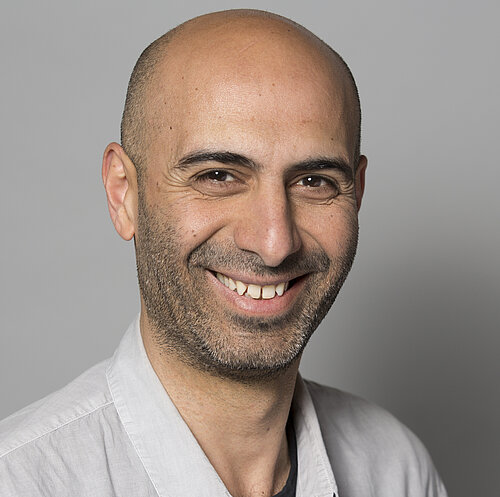 Bassem Hassan
Bassem Hassan
Institut du Cerveau -
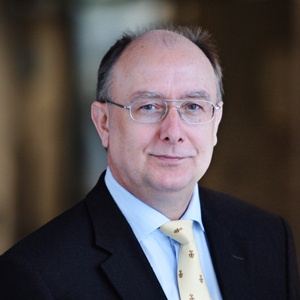 Wieland Huttner
Wieland Huttner
Max Planck Institute of Molecular Cell Biology and Genetics -
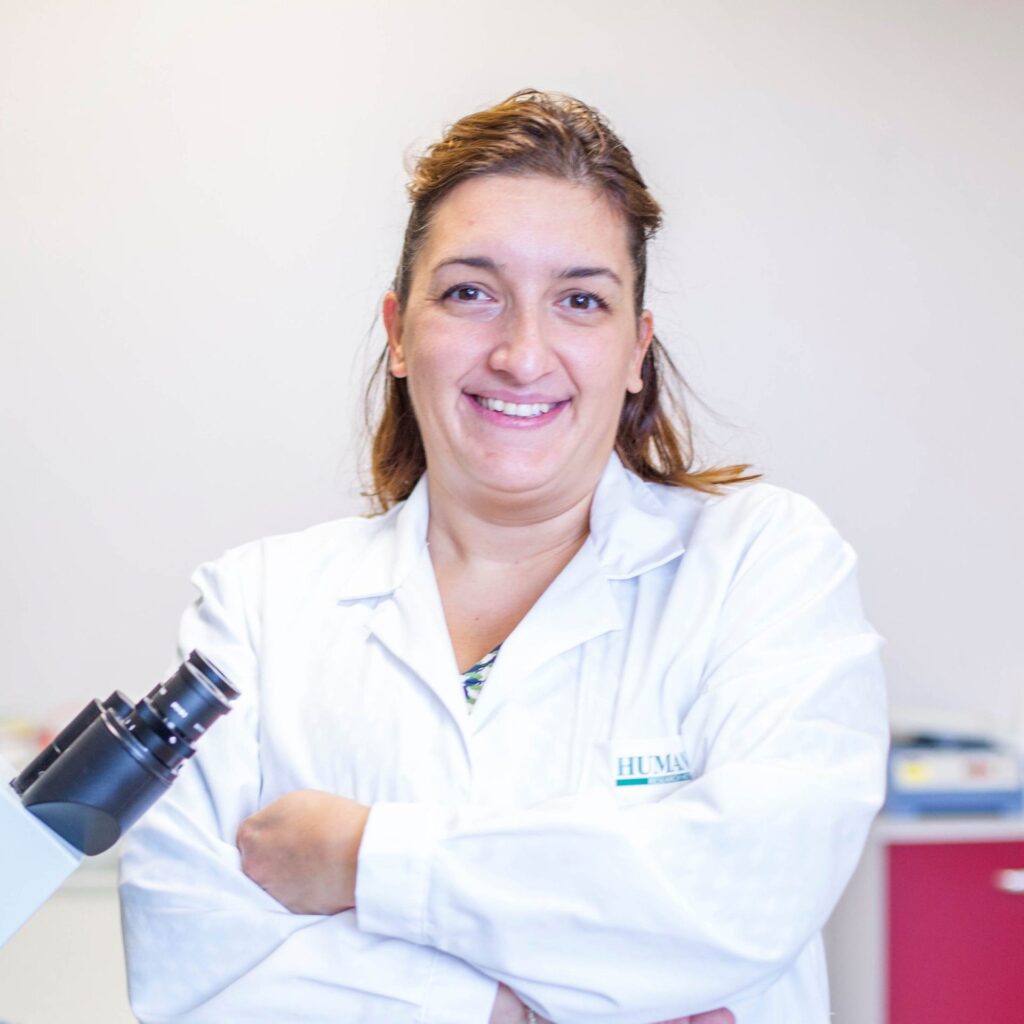 Simona Lodato
Simona Lodato
Humanitas Research Centre -
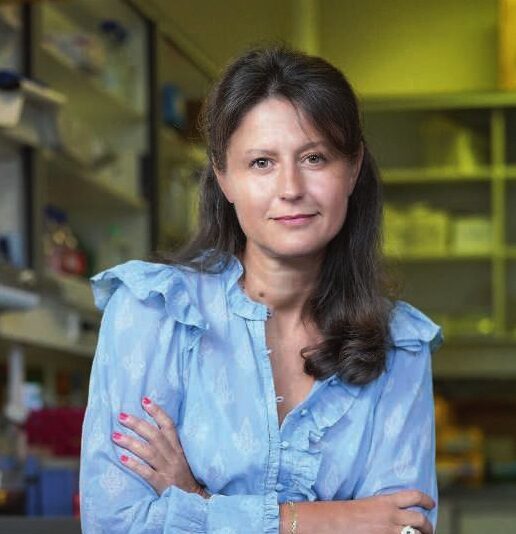 Claire Magnon
Claire Magnon
Laboratory of Cancer and Microenvironment-National Institute of Health and Medical Research (INSERM), Institute of Biology François Jacob-Atomic Energy Commission (CEA), University of Paris Cité, University of Paris-Saclay, -
 Guo-li Ming
Guo-li Ming
Perelman School of Medicine, University of Pennsylvania -
 Tom Nowakowski
Tom Nowakowski
University of California San Francisco -
 Sergiu Pasca
Sergiu Pasca
Stanford University -
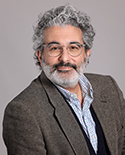 Armin Raznahan
Armin Raznahan
Section on Developmental Neurogenomics, National Institute of Mental Health -
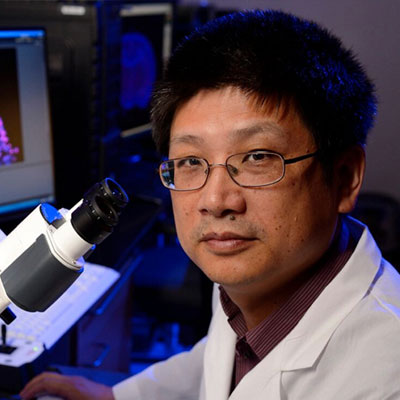 Hongjun Song
Hongjun Song
Perelman School of Medicine, University of Pennsylvania -
 Elly Tanaka
Elly Tanaka
Institute of Molecular Biotechnology of the Austrian Academy of Sciences (IMBA) -
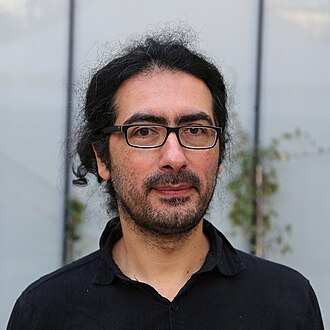 Roberto Toro
Roberto Toro
Institut Pasteur -
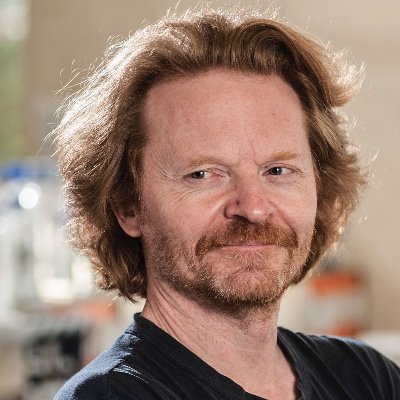 Pierre Vanderhaeghen
Pierre Vanderhaeghen
VIB Center for Brain and Disease Research, Leuven Brain Institute, KULeuven -
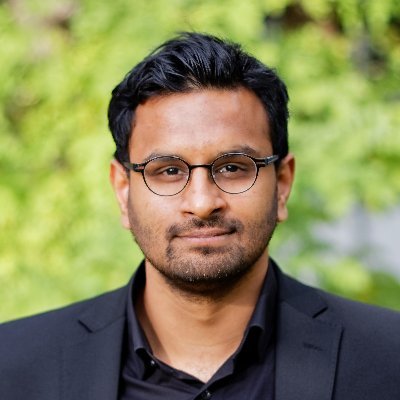 Varun Venkataramani
Varun Venkataramani
German Cancer Research Center (DKFZ), University Hospital Heidelberg
